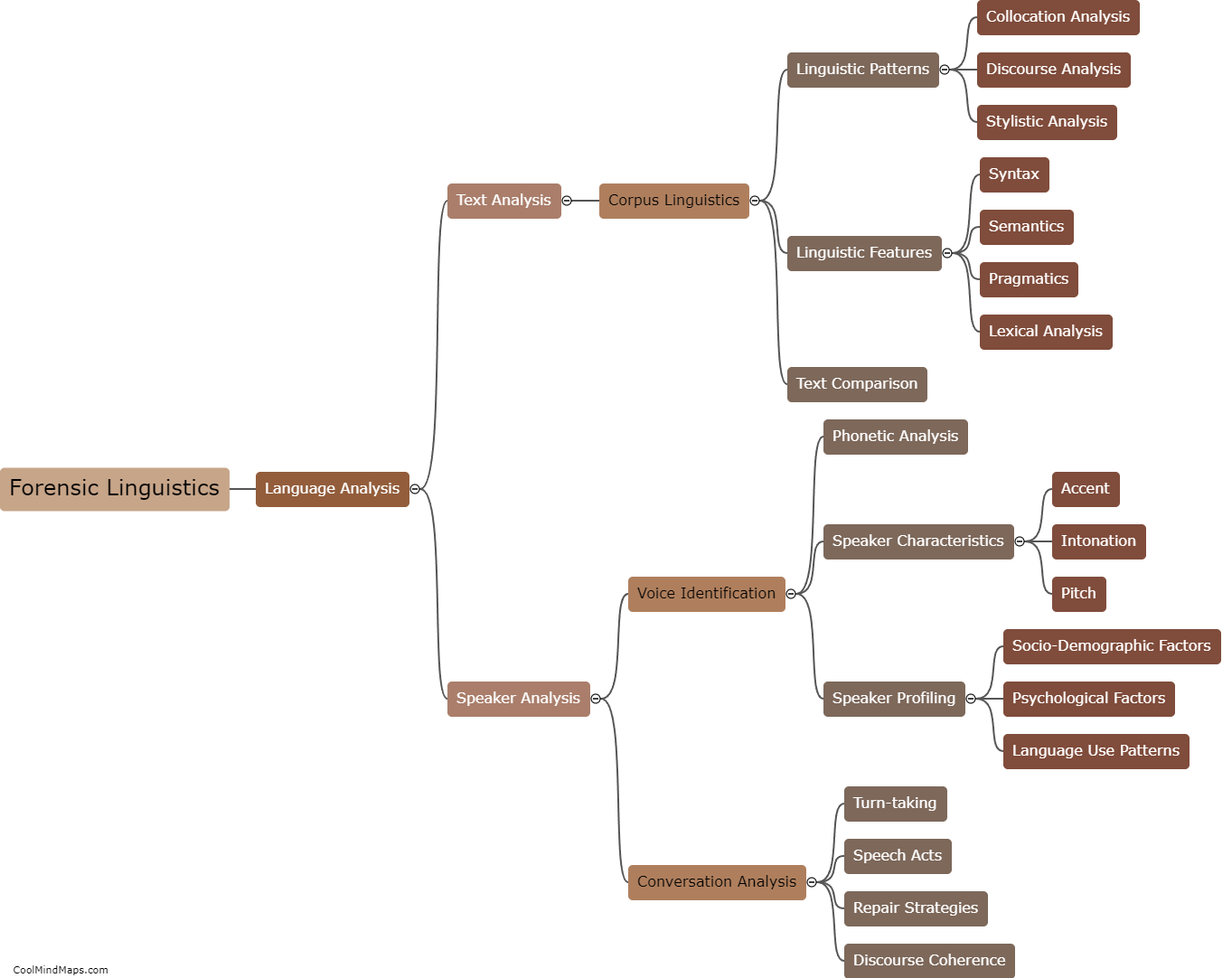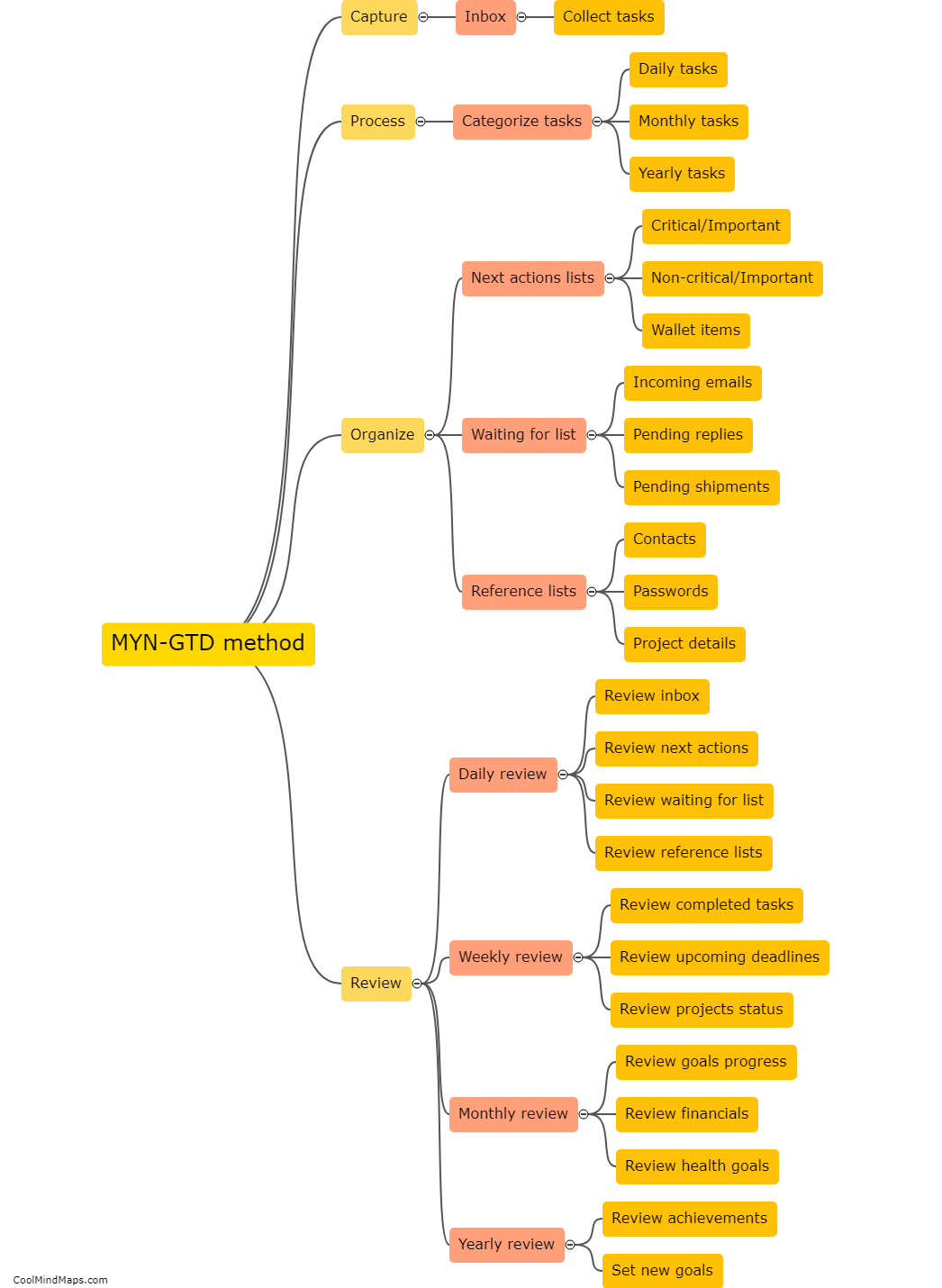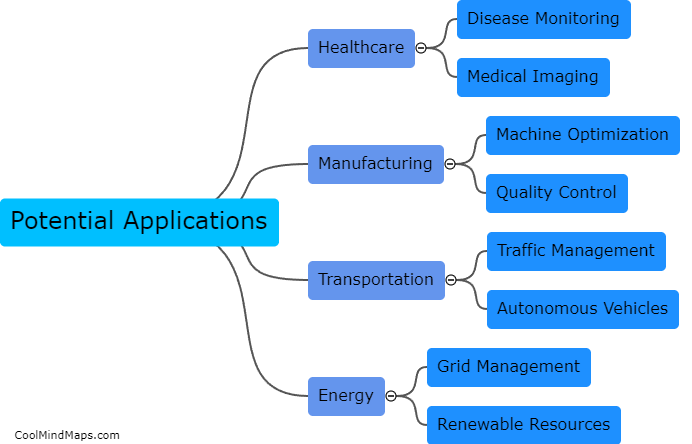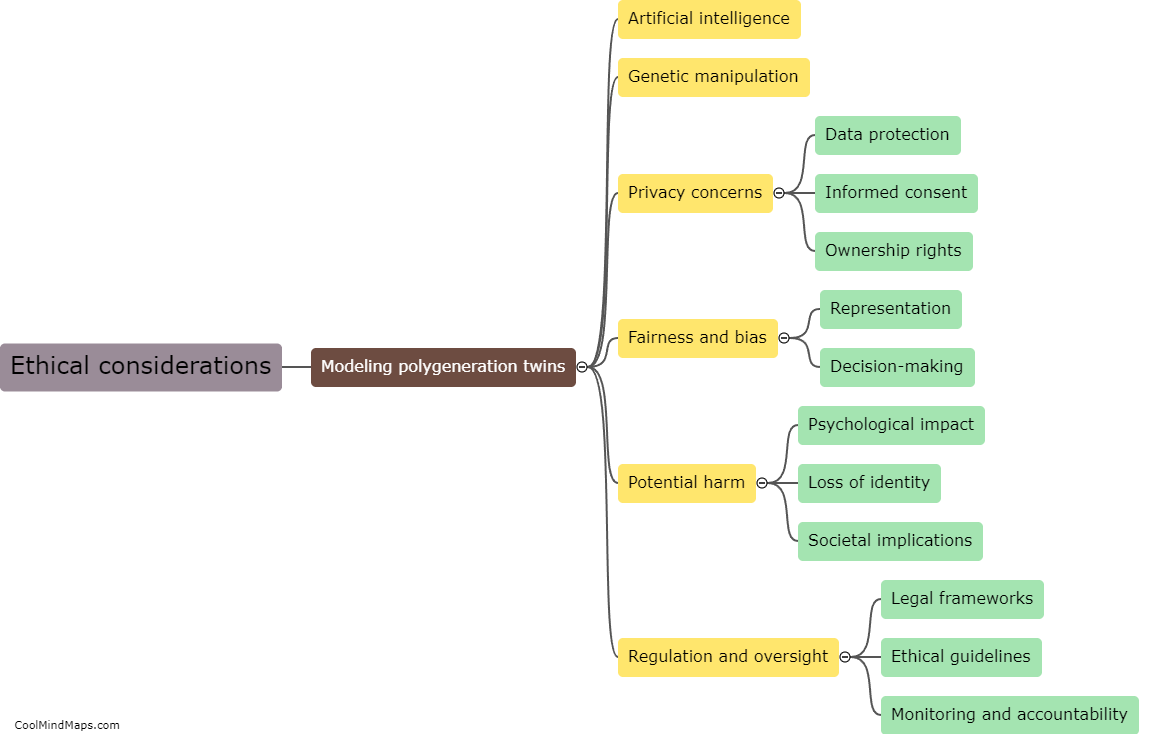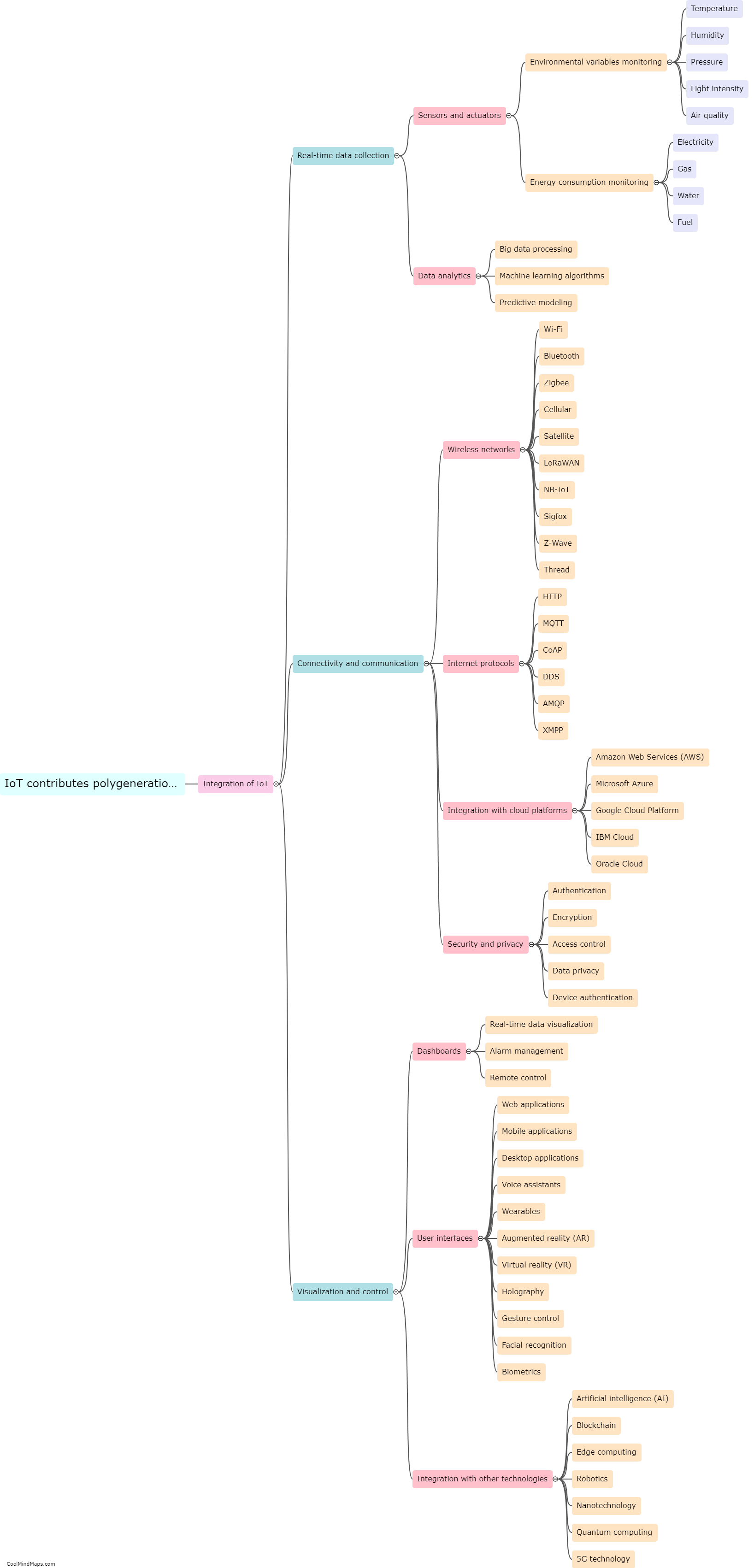What are the benefits of using artificial intelligence for modeling polygeneration degintal twins?
Using artificial intelligence for modeling polygeneration digital twins brings several benefits. Firstly, AI can efficiently gather and analyze vast amounts of data from various sources, allowing for a comprehensive and accurate representation of complex polygeneration systems. This enables more precise modeling of energy generation, storage, distribution, and usage, leading to better optimization and decision-making. Additionally, AI can simulate different scenarios and predict the performance of polygeneration systems under varying conditions, enabling operators to proactively identify potential issues and optimize system configurations. AI-powered digital twins also promote continuous improvement by constantly learning from real-time operational data, thus enhancing energy efficiency, reducing costs, and increasing sustainability in polygeneration processes.
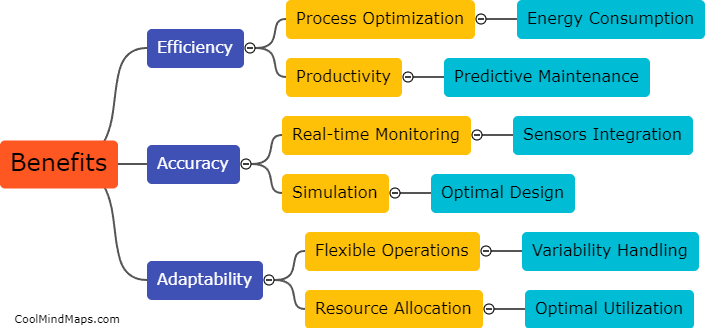
This mind map was published on 26 October 2023 and has been viewed 88 times.
